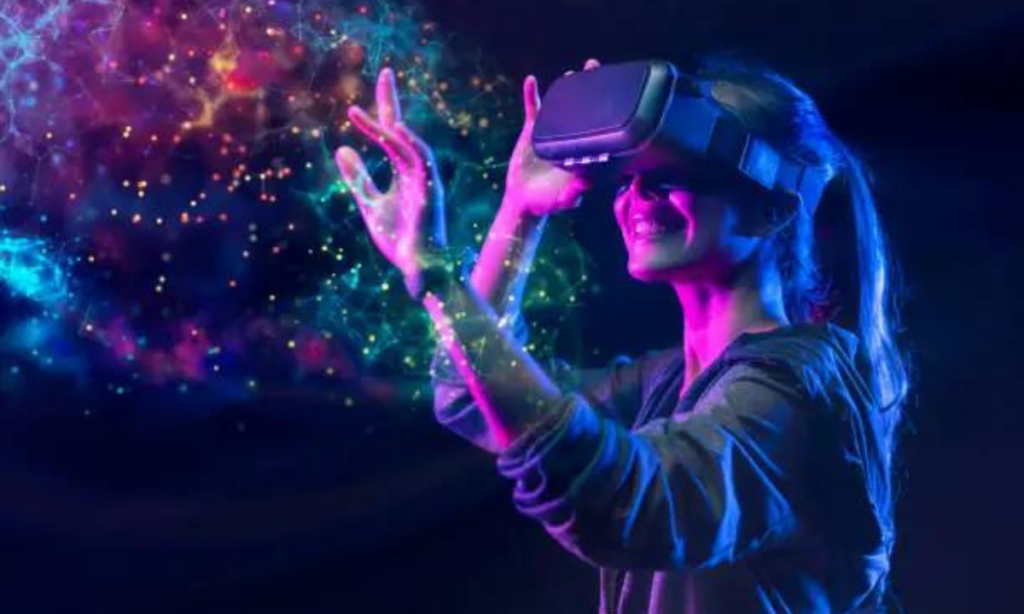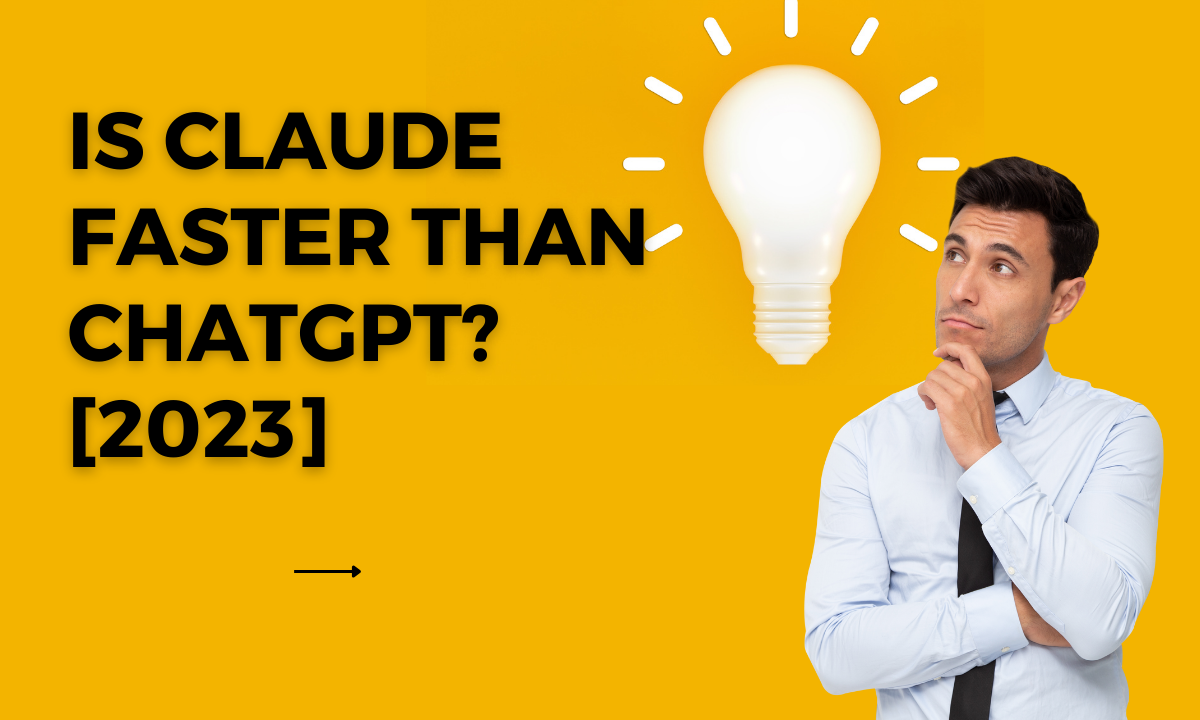ChatGPT and Claude AI represent two of the most advanced conversational AI systems available today. Both can deliver remarkably human-like conversations on a wide range of topics.
But a key area where Claude stands out is the speed and responsiveness of its interactions. So how exactly does Claude’s chat speed compare to ChatGPT in 2023?
Below we’ll analyze the response times of these leading AI chatbots and look at why Claude comes out ahead for low latency conversations.
Chat Speed Showdown
In most head-to-head matchups, Claude AI consistently exhibits faster response times than ChatGPT.
Some independent tests have clocked Claude’s average response latency at under 1 second, with many replies coming in at 300-500 milliseconds.
ChatGPT’s response times are typically longer, averaging 1-2 seconds and sometimes extending to 3+ seconds for more complex questions.
For basic queries, ChatGPT can approach Claude’s sub-second speeds. But in longer conversational flows, Claude maintains quickfire pace while ChatGPT slows down.
So for most uses, Claude appears noticeably faster, with rapid-fire dialogue similar to human chat speed.
Why is Claude Faster?
There are a few key architectural factors that give Claude an edge in responsiveness:
Conversation Focus – Claude was built from the ground up specifically for fast-flowing dialogue applications. Optimizing conversation speed was a priority in its design.
Model Optimization – Its machine learning models are engineered to minimize latency and computing requirements while maximizing output quality.
Scalable Infrastructure – Claude leverages Anthropic’s PETA framework allowing efficient scaling of models across GPU clusters to handle high volumes.
Active Development – Claude is rapidly evolving with extensive ongoing training focused on improving conversational metrics like speed and coherence.
Together these give Claude inherent advantages in delivering ultra-low latency conversational responses. ChatGPT was not originally designed for the same real-time dialogue use cases.
Advantages of Faster Speed
So why does Claude’s quicker response time matter? There are some key benefits:
- More Natural Conversations – Near real-time speed enables more organic back-and-forth exchanges.
- Less Interrupted Workflow – Less lag time keeps conversations flowing smoothly without breaking user’s train of thought.
- Quicker Iterations – Faster responses allow more cycles of dialogue in a given time period.
- Wider Applications – Low latency opens up more real-time and interactive use cases.
- Scalability – Minimal lag permits supporting more simultaneous conversations across more users.
For both consumer and enterprise applications, Claude’s minimizing of response latency unlocks superior conversational capabilities and use cases.
The Future of Fast AI
Claude already conversates at human-like speed today. And Anthropic continues working to push its response times even lower.
At the same time, ChatGPT will also likely see speed improvements as OpenAI optimizes it for more conversational applications.
Overall, expect AI chat response times to keep dropping across the board, opening up even more interactive possibilities. But for now, Claude maintains a clear lead in delivering ultra-low latency dialogue.

Conclusion
Claude AI stands out as unmatched in its responsiveness compared to other leading conversational AI systems like ChatGPT in 2023. Key takeaways:
- Claude has average response times under 1 second, with many in the 300-500 millisecond range.
- ChatGPT clocks in slower at 1-2 seconds on average, increasing for complex questions.
- Claude’s specialized engineering for speed, scalability, and real-time use cases give it an edge.
- Faster response times enable more natural conversations and expand capabilities.
- Claude does not sacrifice accuracy for speed, staying thoughtful before responding.
- ChatGPT and other rivals will likely improve latency but have architectural constraints.
- Response times will keep falling across AI chatbots, but Claude is leading the pace.
With its human-like chat speed, Claude unlocks more interactive applications and natural-feeling conversations than any current competitor. Speed and coherence will remain critical drivers of conversational AI quality as the field continues evolving rapidly.
FAQs
Q: How fast can Claude AI respond?
A: Claude can respond in 300-500 milliseconds for simple questions, with average response times under 1 second.
Q: How does ChatGPT’s speed compare?
A: ChatGPT response times average 1-2 seconds, with latency increasing for complex questions or extended dialogues.
Q: Why is Claude engineered to be faster?
A: Optimizing conversation speed was a key goal in Claude’s development, from model architecture to infrastructure.
Q: Does Claude have lower latency for all question types?
A: Yes, Claude exhibits faster response times than ChatGPT consistently, especially for multi-turn conversations.
Q: Does ChatGPT ever respond faster than Claude?
A: For very simple single queries, ChatGPT can sometimes match Claude’s sub-second speed, but Claude pulls ahead on more complex dialogues.
Q: Will ChatGPT improve to Claude’s speed levels?
A: ChatGPT will likely continue optimizing latency, but overtaking Claude may be challenging without rearchitecting for conversational use cases.
Q: How does faster speed improve Claude’s capabilities?
A: Low latency enables more natural back-and-forth conversations and expands real-time application possibilities.
Q: What are the limits to how fast AI chat can get?
A: There are tradeoffs between speed, output quality, and computing needs. But response times will keep decreasing with improved efficiency.
Q: Does Claude ever sacrifice accuracy for speed?
A: No, Claude prioritizes truthfulness and thoughtfulness, even if that requires taking extra time before responding.
Q: Are other AI chatbots as fast as Claude?
A: As of 2023, no other conversational AI matches Claude’s combination of speed, coherence, and breadth across dialogue applications.
In summary, Claude’s state-of-the-art latency results from an architecture and infrastructure purpose-built for speed. Smooth, natural conversations demand millisecond response times that Claude delivers better than any current rival. As AI chatbots advance, expect even faster speeds to become the new normal.

